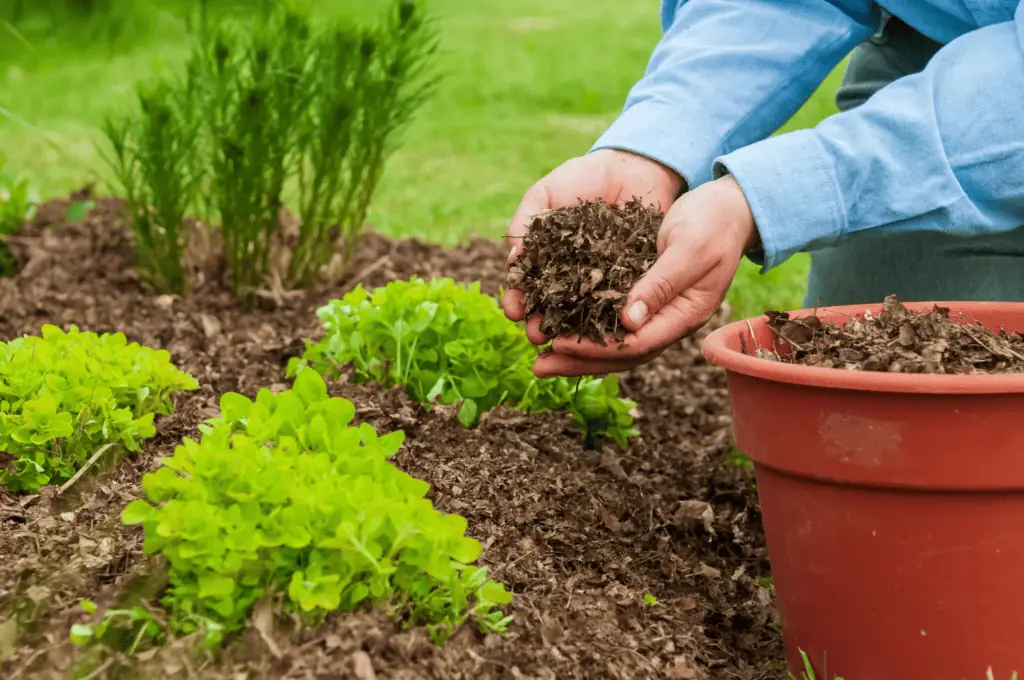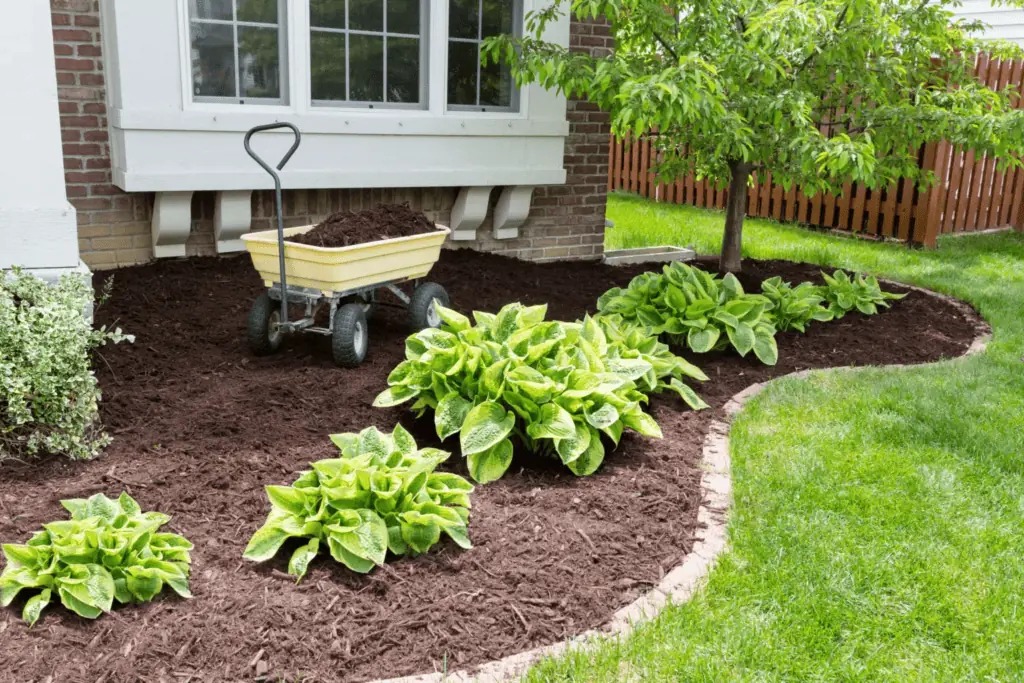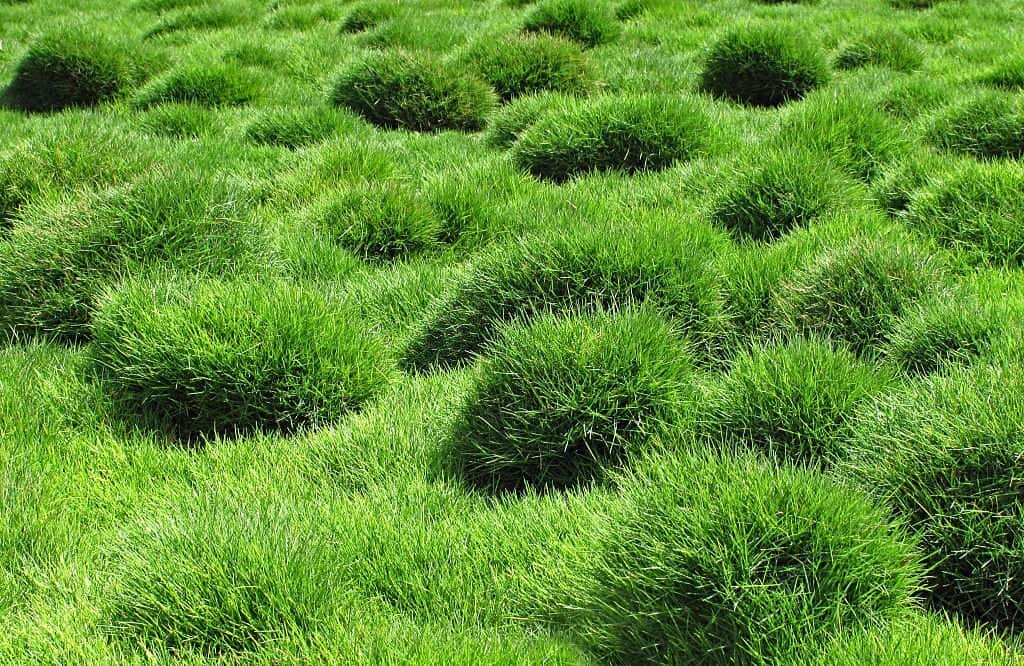Mulch is a crucial part of gardening and landscaping because it improves soil quality and inhibits the growth of weeds. Although mulch comes in various shapes and materials, including wood chips, leaves, and straw, they all share the unique smell of manure.
This often leaves gardeners perplexed about why their mulch smells like animal excrement. The organic material used to manufacture mulch is the primary cause of why it smells that way.
For example, manure from cows or horses, rich in nitrogen and other nutrients that are good for plant growth, can be included. These organic materials release molecules as they decompose, giving off a unique stench resembling manure.
However, not all types of mulch have a manure-like odor, and it’s crucial to comprehend the variations among different types of mulch and how they may affect the health of your garden.
This article will discuss the causes of mulch’s potential manure odor and the benefits of employing organic material in mulch.
Why Does Mulch Smell Like Manure?
The type of material used, the level of decomposition, and the environmental conditions can all affect how mulch smells. However, the nitrogen content of the material is one of the primary causes of mulch’s characteristic manure-like odor.
Several organic materials used as mulch, such as grass clippings, animal dung, and compost, provide nitrogen, an important ingredient for plant growth. Decomposition is how bacteria and other microbes break down these components when put into the soil.

Throughout the decomposition process, nitrogen is changed into the gas ammonia, which has a pungent stench akin to manure. The odor intensity level depends on the amount of nitrogen in the mulch material and the decomposition rate.
For example, fresh grass clippings or animal manure can emit a potent ammonia stench when used as mulch, whereas well-decomposed compost may have a subtle, earthy odor.
Does Mulch’s Smell Pose a Threat?
Mulch smells are beneficial to people or pets if utilized correctly and in a well-ventilated environment. However, some people can have headaches, nausea, and eye, nose, and throat discomfort from extended contact with the odor of decomposing organic materials.
Those with compromised immune systems and pre-existing respiratory disorders like asthma or allergies are more likely to have health issues. Therefore, adhere to the advised safety measures, such as gloves and a mask, when using or handling mulch.
Additionally, avoid direct contact with the substance, and thoroughly cleaning your hands and clothing after usage is crucial.
Does the Odor of Mulch Indicate a Problem?
It is not always a symptom of a problem, while the smell of mulch is a typical result of decomposition. However, an intense, disagreeable smell can indicate that the mulch is not breaking down properly or contains excessive nitrogen or other potentially dangerous substances for plants.
For example, rotting egg odor in mulch can be a sign that the mulch is excessively damp and anaerobic bacteria are creating hydrogen sulfide gas. Foliage can turn yellow or even die because of this gas’s toxicity to plants.
Although, if the mulch smells like vinegar or sour milk, it can be too dry, and aerobic bacteria are not effectively breaking down the nitrogen.
It is crucial to select the type of mulch for the intended usage, store it appropriately, and apply it carefully to prevent these problems. Also, ensure to constantly check on the mulch and make any adjustments to the moisture and nitrogen contents.
How Can the Stench of Mulch Be Lessened?
Mulch is an excellent way to enhance your garden’s beauty and soil health. However, as it can smell similar to manure or other unpleasant smells, the scent of mulch might be a worry for some individuals. Also, there are various techniques to lessen mulch’s smell and use its benefits without feeling uncomfortable.
Select the Appropriate Type of Mulch
The first step in minimizing the scent of mulch is selecting the appropriate kind. Fresh grass clippings and animal dung are two examples of materials with a high nitrogen content that break down quickly and emit a pungent odor.
Some components, like straw or wood chips, decay gradually and smell less strongly. Choose a mulch of substances that won’t likely emit a pungent stench.
Let it Dry
The smell of the mulch can differ depending on whether it is dry or damp. Let it dry out before applying the mulch to your garden. The intensity of the smell will be lessened as a result.

Add Lime
Lime can be added to your mulch to help mask the odor. An organic material called lime is frequently used in gardening to modify the pH of the soil. Moreover, it can aid in the decomposition of organic materials and odor reduction. Using a rake or shovel, sprinkle a light coating of lime over the mulch and work it in.
Aerate Mulch
Aerating it can reduce odor by enabling air to flow through the mulch. The mulch should be fluffed and turned over using a rake or pitchfork. Also, it will help to uniformly disperse the mulch and keep it from clumping down.
Benefits of Mulching
Mulch has various benefits for your garden or landscaping, such as:
Moisture Retention
Mulch helps the soil retain moisture, one of its main advantages. It is crucial in hot, arid climates where water supplies can be limited. Mulch is a barrier, reducing excessive evaporation and enabling deeper soil penetration. Also, it can keep your plants healthy and hydrated even during dry spells.

Temperature Control
Mulch can also aid in controlling soil temperature, which is crucial for your plants’ well-being. Also, it can assist in keeping the soil cooler in warmer climes, keeping the roots from overheating and suffering damage. It can aid in soil insulation and frost damage protection in colder climates.
Weed Control
Mulch has the added advantage of assisting in weed suppression. Physical barriers, such as mulch, stop weed seeds from germinating and developing. You should spend less time and effort weeding your garden or landscaping.
Soil Quality
Mulch can also help the health of the soil by introducing organic matter to the soil. The mulch releases nutrients that your plants can consume as it deteriorates. Over time, this can improve the soil’s quality, making it more fertile and better equipped to support plant development.
Erosion Control
Mulch can lessen the quantity of water that runs off the soil surface, which can help to reduce erosion. This can be crucial in regions with steep slopes or heavy rain when erosion can be a big issue. Mulch can support the well-being of your plants and the local ecosystem by reducing soil erosion.
FAQs
The manure smell in mulch may remain for a few days to many weeks, depending on the type of mulch and the weather conditions. As the mulch decomposes and decays, the odor should eventually go away.
Yes, you can use mulch that smells like manure in your garden. Nonetheless, following the manufacturer’s directions and applying them in moderation is vital to avoid over-fertilization and potentially harming your plants.
Some substitutes for mulch that don’t smell like manure include wood chips, pine needles, and shredded leaves. These materials provide similar benefits to traditional mulch, such as retaining soil moisture and suppressing weed growth.
Conclusion
The smell of manure that emanates from mulch is a natural phenomenon brought on by the decomposition process. This organic matter must be broken down naturally to give the soil and plants nutrients.
The smell can be diminished by ensuring the mulch is dry and well-aerated. It’s crucial to remember that just because mulch smells terrible doesn’t mean it’s unhealthy or of low quality.
On the other hand, mulch is a valuable addition to your garden or landscape that offers several advantages, including weed reduction, moisture retention, temperature management, and improved soil health.
Now that you know this, you can benefit from mulch’s various advantages without experiencing any discomfort if you understand why it smells and take the necessary steps to remove it.






